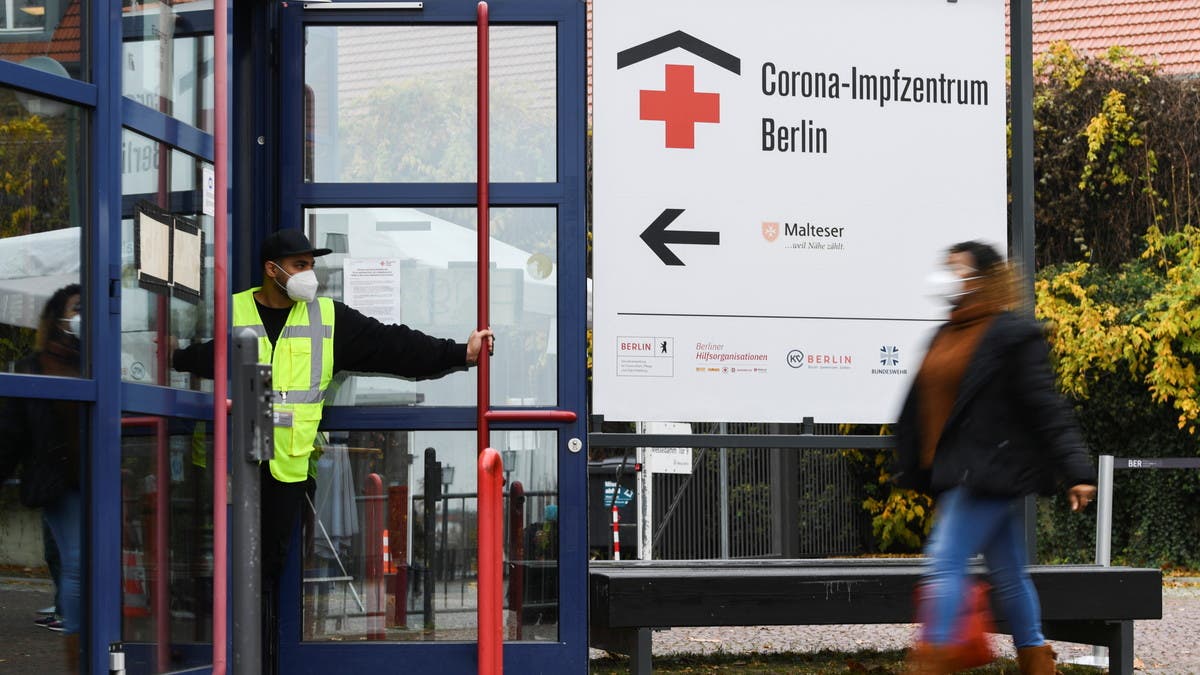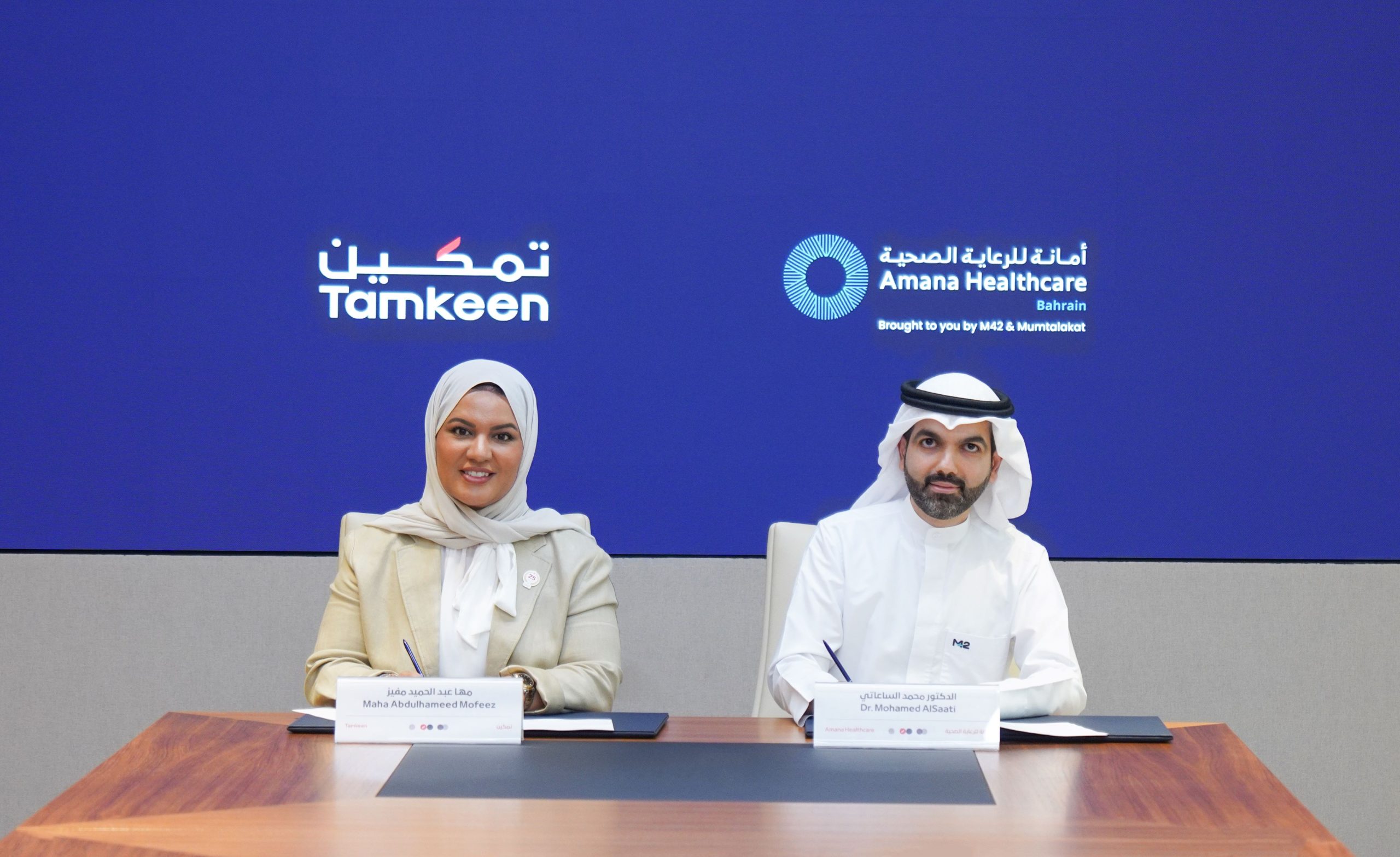Health
Germany’s health minister says 1 in 100 infected with virus

Health
Children’s Hospital Los Angeles Named Among Top 10 Children’s Hospitals in the United States 16 Years in a Row
Health
Tamkeen’s support for “Amana Healthcare” will provide hundreds of job opportunities for local talent in the healthcare sector
Health
Boehringer Ingelheim Launches Broadest Spectrum Parasiticide for Cats in the UAE
-

 World3 years ago
World3 years agoComprehensive plan for development of Arab culture to be discussed at UAE conference
-
Entertainment2 years ago
R-rated Winnie-the-Pooh movie brings scary spin to Disney’s beloved character
-

 World3 years ago
World3 years agoHead of new Yemeni council promises end to war via peace process
-

 Business1 year ago
Business1 year agoKuCoin Delivers Keynote Speech at Green Sustainable Finance Forum in COP28 Blue Zone
-

 Entertainment7 years ago
Entertainment7 years agoNew Season 8 Walking Dead trailer flashes forward in time
-

 World7 years ago
World7 years agoIllinois’ financial crisis could bring the state to a halt
-

 Entertainment7 years ago
Entertainment7 years agoThe final 6 ‘Game of Thrones’ episodes might feel like a full season
-
Entertainment1 year ago
Hollywood’s video game performers authorize strike if labor talks fail






